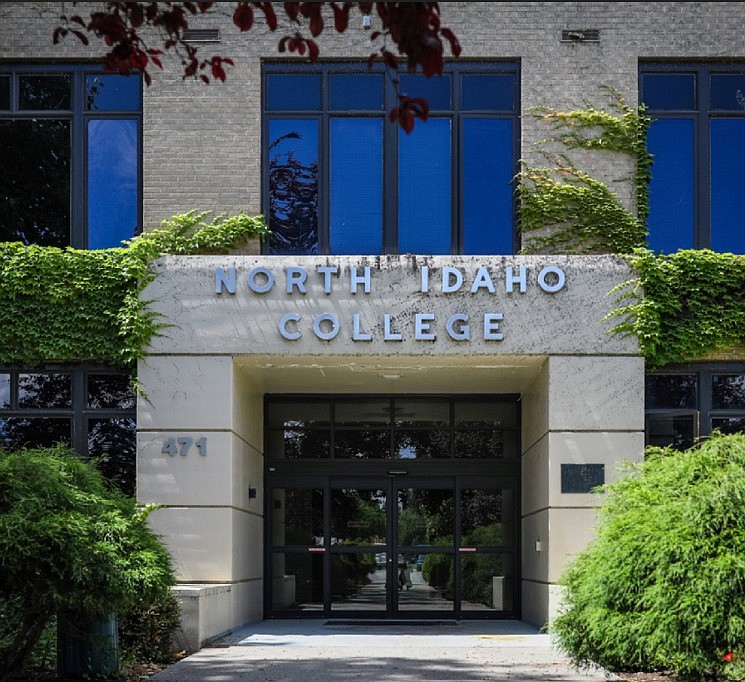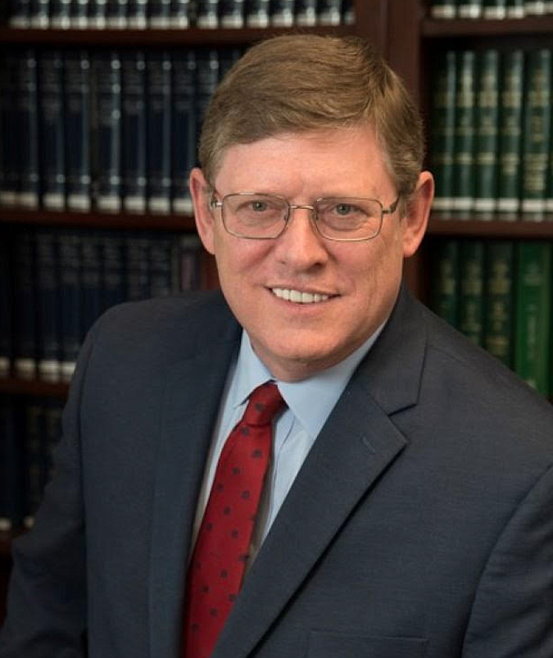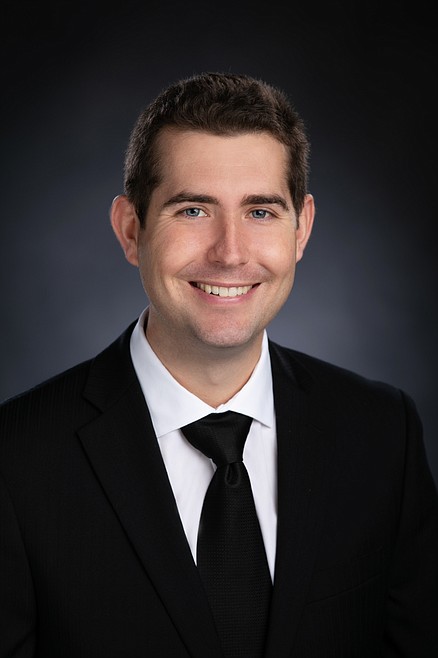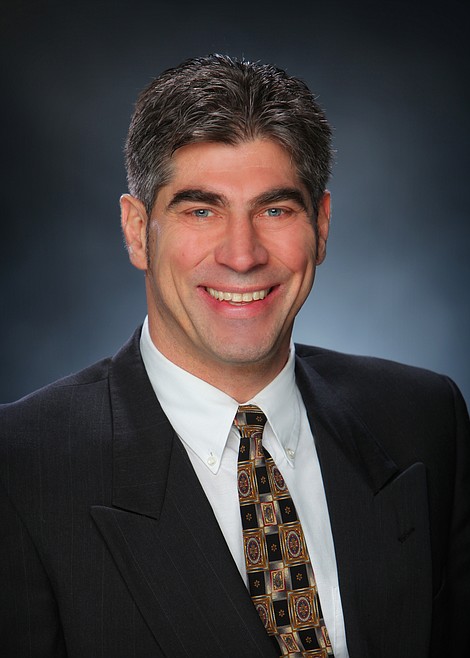Emails show NIC trustees, lawyer planned meetings in private
COEUR d’ALENE — North Idaho College attorney Art Macomber and trustees Greg McKenzie, Todd Banducci and Mike Waggoner used personal email addresses to secretly prepare for public meetings during which the three trustees, as a board majority, hired Macomber and ousted NIC President Nick Swayne by placing him on administrative leave.
Two such emails revealing the communications became public Thursday as part of a lawsuit filed by Mike Gridley, the former attorney for the city of Coeur d’Alene...
Become a Subscriber!
You have read all of your free articles this month. Select a plan below to start your subscription today.
Already a subscriber? Login







